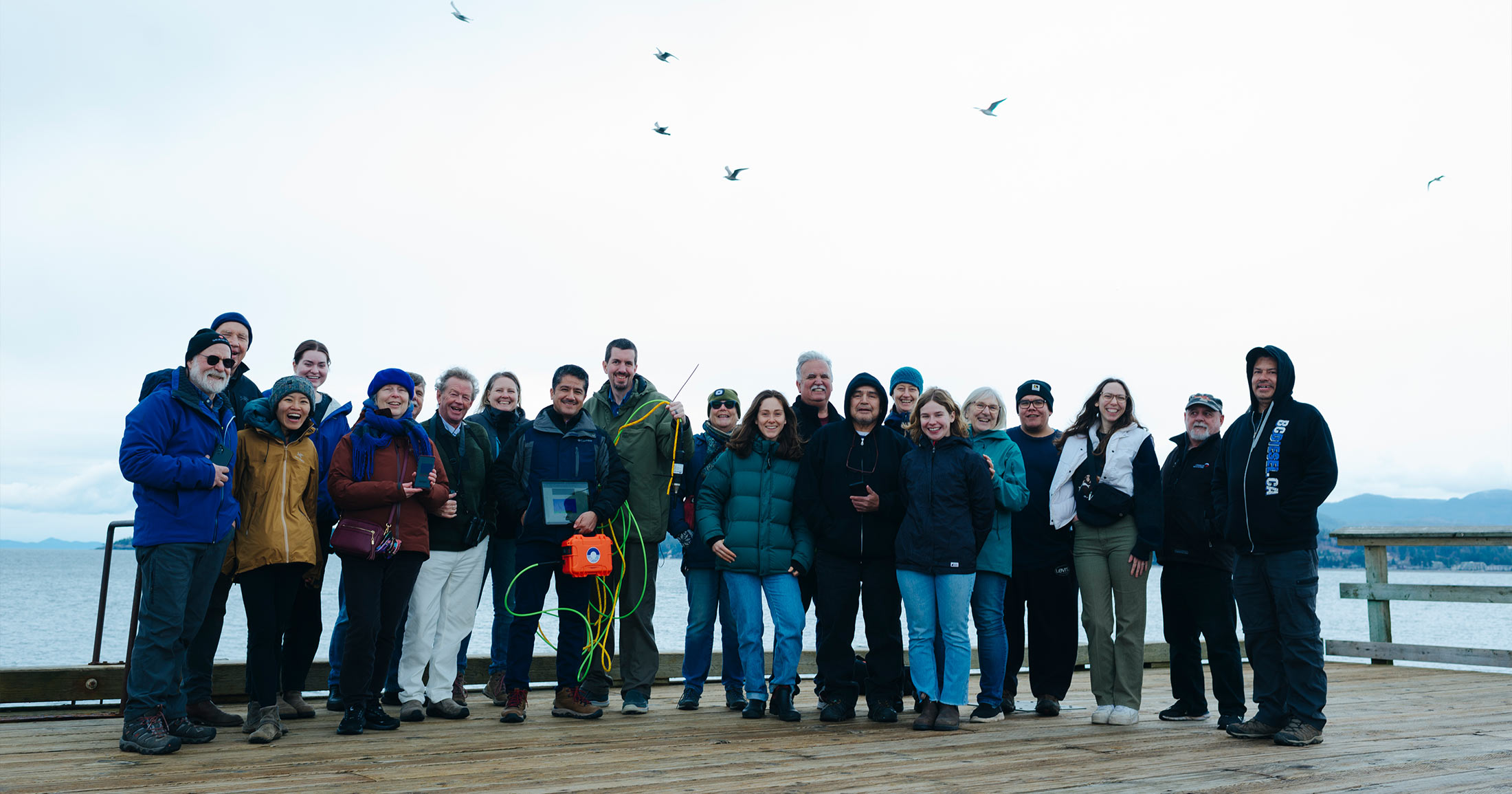Humans are ‘superpredators’ like no other species
Fishing, hunting conservation strategies are unsustainable, study suggests
By Emily Chung, CBC News Posted: Aug 20, 2015
Humans are predators so unique and extreme that they are “superpredators” in a class apart from other carnivores, a group of Canadian scientists says.
And hunting and fishing patterns among animals show that human hunting and fishing conservation regulations may be the exact opposite of what is sustainable, the B.C. researchers say.
By comparing the hunting and fishing habits of other predators around the world to those of humans, the researchers revealed some very unusual behaviours, most remarkably:
- While most predators kill and eat mainly juveniles, humans target largely adults.
- Unlike other predators, humans prey on many large carnivores such as bears and lions.
“They are a predator of predators,” said Chris Darimont, lead author of a new study describing the analysis, “and actually a very extreme predator not only of predators, but pretty much anything with edible flesh on this planet.”
The study, published today in Science, found that humans hunt and fish adult prey at a rate that is 14 times higher than the median rate for other predators.
“The magnitude of this difference… was our first surprise,” said Darimont, the Hakai-Raincoast professor of geography at the University of Victoria and science director for the Raincoast Conservation Foundation, at a media teleconference organized by the journal Science…
To read the full article please visit the CBC News website.
Support our mobile lab, Tracker!
Our new mobile lab will enable the Healthy Waters Program to deliver capacity, learning, and training to watershed-based communities. We need your support to convert the vehicle and equip it with lab instrumentation. This will allow us to deliver insight into pollutants of concern in local watersheds, and contribute to solution-oriented practices that protect and restore fish habitat.










